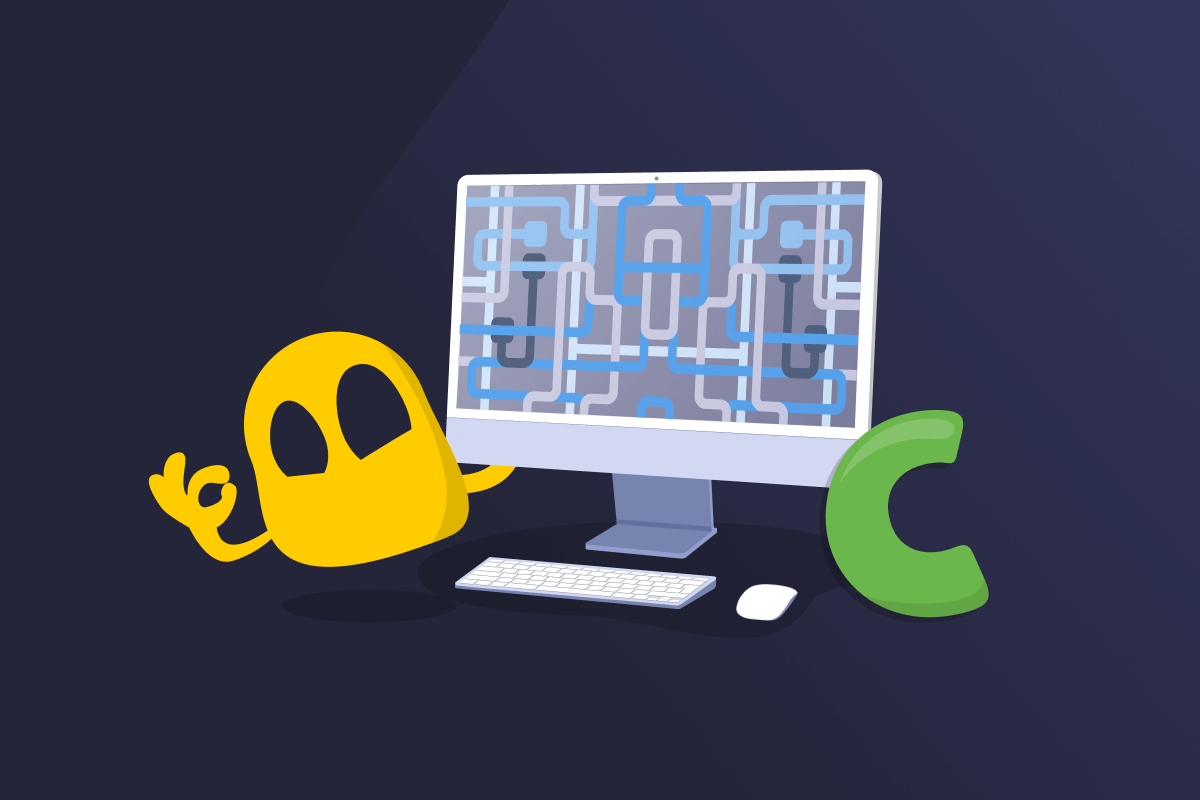Class C IP Address

Class C IP Address Definition
A Class C IP address refers to a type of IPv4 address from a legacy classification system once used to organize IP networks. Class C ranges from 192.0.0.0 to 223.255.255.255 and supports up to 254 devices per network.
This class-based system was replaced in the 1990s by CIDR (Classless Inter-Domain Routing), which is more flexible and efficient. Still, the term "Class C" is used informally today, especially for smaller local area networks (LANs), home Wi-Fi setups, and simple network configurations.
Most home routers still assign IP addresses in the Class C range because they’re designed for small networks and make it easy for connected devices to communicate with each other.
How Do Class C IP Addresses Work?
In a Class C IP address, the first three sections (called "octets") define the network, while the last section identifies individual devices. The default subnet mask for Class C IP addresses is usually 255.255.255.0, which clearly separates the network portion from the device portion, making it easy to assign and manage addresses within small networks.
Small businesses, smart home setups, and some office LANs often still rely on Class C IP addresses because they work with existing hardware and don’t require complex configuration. They’re also cost-effective for low-traffic websites, like personal blogs, portfolio sites, and small business websites.
Class C IP Addresses vs Other IP Addresses
| IP range | Hosts per network | Number of networks | Use cases | |
| Class A IP Address | 0.0.0.0 to 127.255.255.255 | 16,777,214 | 128 | Large organizations and ISPs |
| Class B IP Address | 128.0.0.0 to 191.255.255.255 | 65,534 | 16,384 | Medium to large organizations and ISPs |
| Class C IP Address | 192.0.0.0 to 223.255.255.255 | 254 | 2,097,152 | LANs, office networks, and small websites |
| Class D IP Address | 224.0.0.0 to 239.255.255.255 | Not applicable | Not applicable | Multicasting (video conferencing, gaming) |
| Class E IP Address | 240.0.0.0 to 255.255.255.255 | Not applicable | Not applicable | Experimental, not intended for public use |
💡Note: IP address classes are now mostly outdated. They were replaced by CIDR as the current standard for both IPv4 and IPv6. However, the old terms are still used informally.
Read More
FAQ
IPv4 addresses are divided into five classes: A, B, C, D, and E. Class A and Class B are used by large networks, like ISPs and major organizations. Class C is for smaller networks, such as home Wi-Fi or office setups. Class D is used for multicasting (like video conferencing or streaming). Class E is reserved for experimental purposes and not used publicly.
Class C IP addresses are simple to manage because they support fewer devices, up to 254 per network. They’re cost-effective, easy to set up, and work well for local networks or small websites that don’t need large-scale infrastructure.
Class C addresses range from 192.0.0.0 to 223.255.255.255, with a default subnet mask of 255.255.255.0. They support around 2 million networks but limit each one to 254 hosts (256 minus the network and broadcast).

 45-Day Money-Back Guarantee
45-Day Money-Back Guarantee